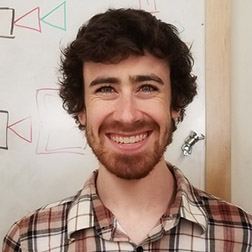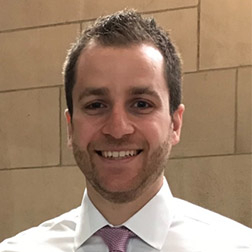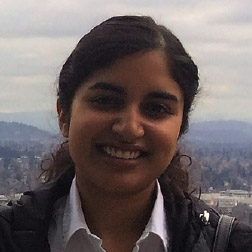Scientist Development Program
Scientists aren’t born, they’re created out of a passion to change lives for the better. Initiated in 2011 by the Aclaris subsidiary, Confluence Discovery Technologies, our scientist development program was designed to foster the minds of young scientists who have graduated from college with a 4-year degree and who want to make an impact.
Members of the program will have the opportunity to gain real-world experience, particularly in drug development and discovery. Generally, these young scientists spend one to three years in our program before moving on to a graduate program in the sciences or to a medical school.
participants
Total number
of participants:
14 associate
scientists
years
Time with
program:
1-3 years
schools
Schools represented: Washington University in St. Louis, University of Missouri, Johns Hopkins, University of Iowa, Ames
areas of post placement
Post program placement: medical school, graduate school for Ph.D. programs, pharmacy school, and associate scientists at Aclaris



